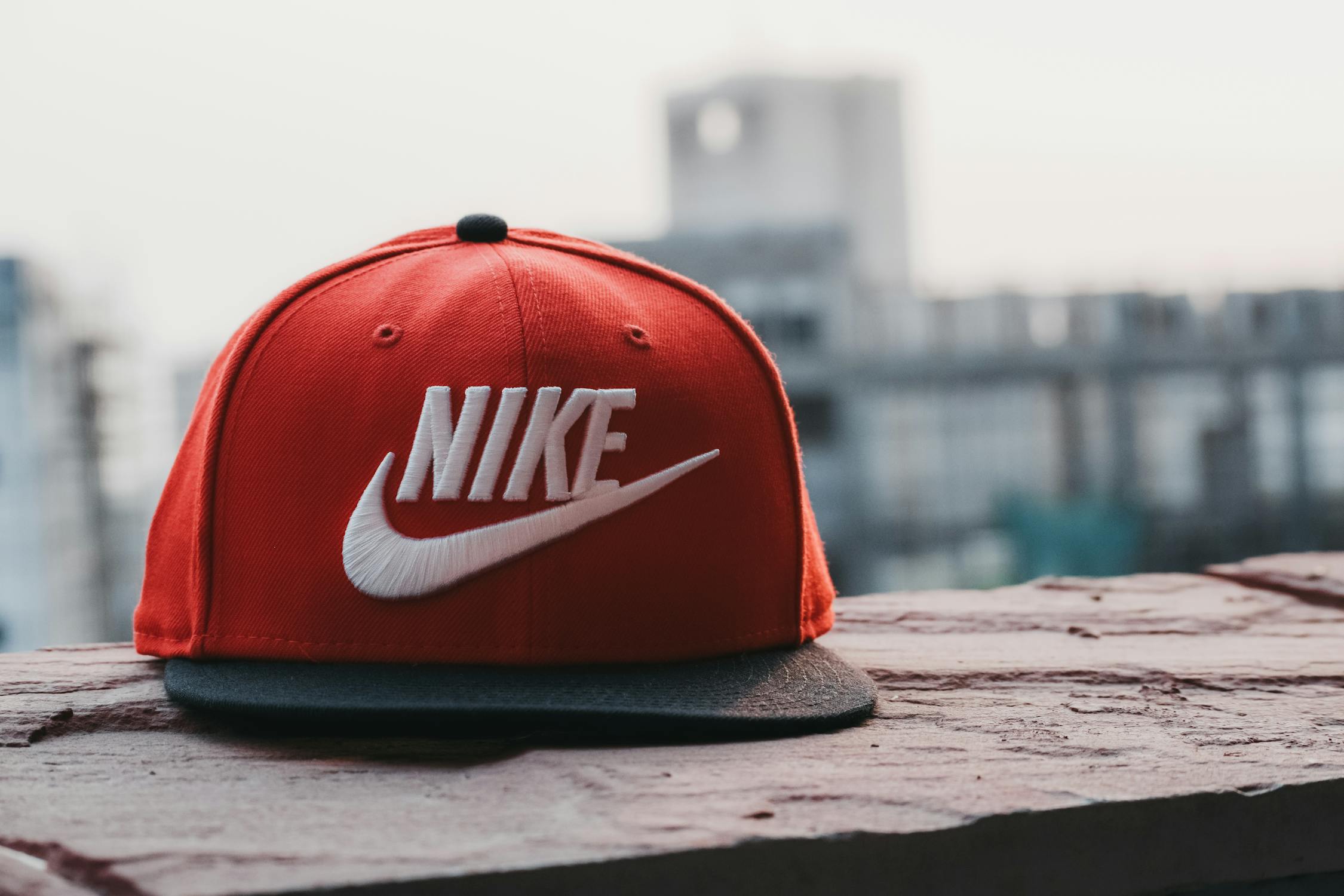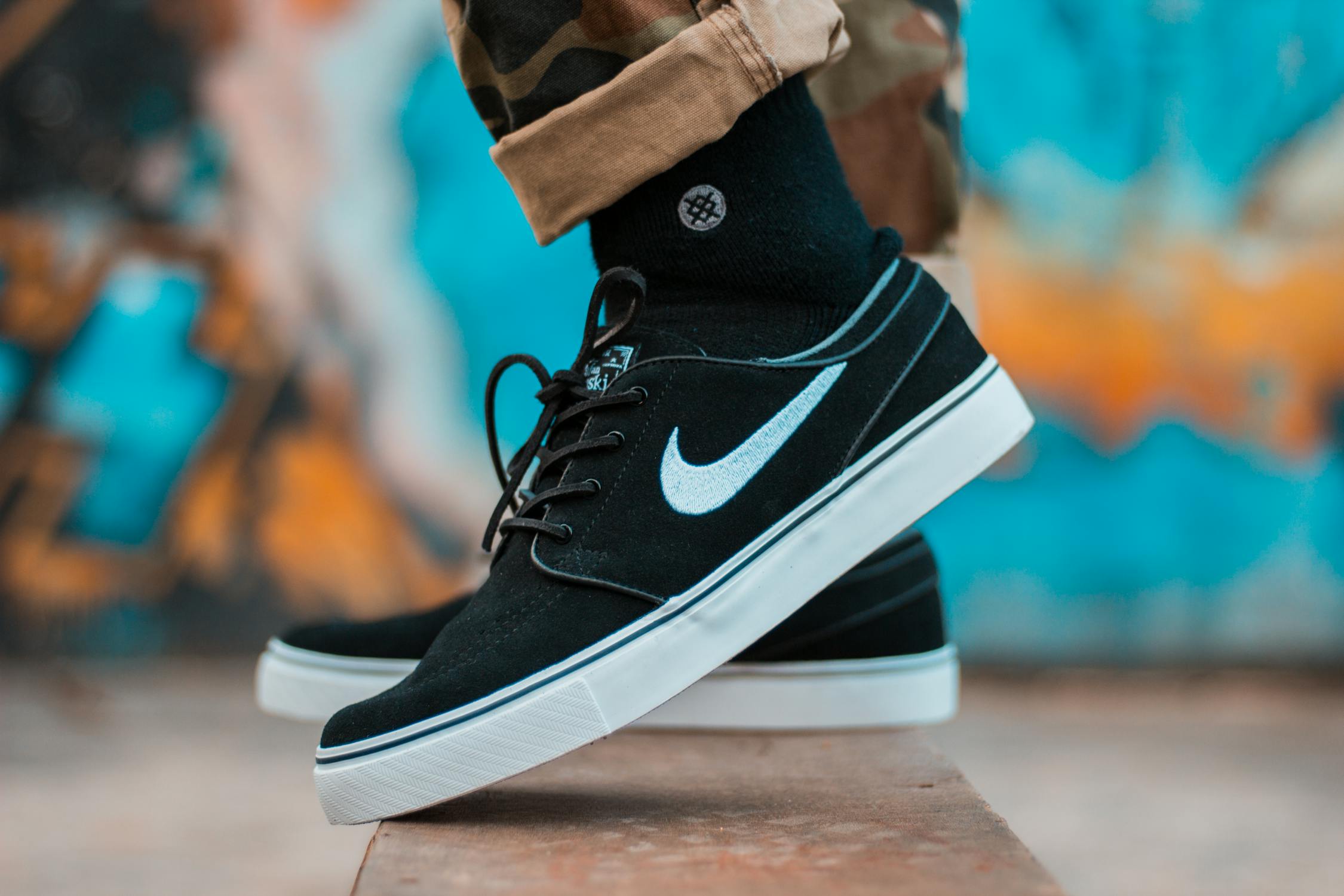
Nike, the global sportswear giant, is currently under intense scrutiny ahead of its online Annual General Meeting (AGM) scheduled for September 12th. The company is facing increasing pressure over its refusal to pay over 4,000 garment workers approximately $2.2 million in unpaid wages and benefits since 2020.
The situation has triggered unprecedented concern from various stakeholders, including investors, human rights organizations, labor unions, and consumers. Nike's stance on this issue has cast a shadow on its commitment to human rights, particularly the rights of women workers within its supply chain, despite its own proclaimed commitments and code of conduct.
Two Disturbing Cases Highlight Nike's Controversial Stance
The focal point of this controversy revolves around two key cases. In Cambodia, 1,284 workers from the Violet Apparel factory, owned by Ramatex, were abruptly dismissed in July 2020 without receiving $1.4 million in legally owed benefits. Shockingly, many of these workers had dedicated over a decade of their lives to this factory.
Despite compelling photographic and documentary evidence linking Nike to the factory's products, Nike has controversially denied any connection, even though they continue to manufacture products in three other Ramatex-owned factories in Cambodia and fourteen worldwide. This has raised significant concerns regarding Nike's human rights due diligence procedures.
In another case at the Hong Seng Knitting factory in Thailand, over 3,000 mostly Burmese migrant workers were denied legally owed pandemic furlough pay in 2020. Even a Thai court has affirmed the workers' entitlement to these payments, totaling over $800,000. Notably, some of the hardest-hit by this denial of wages were pregnant workers.

Global Outcry and Worker Advocacy Amplify Pressure on Nike
More than 50 prominent human rights organizations and unions from across the globe, including Human Rights Watch, Oxfam, and Workers United, have issued a comprehensive statement addressing the Violet Apparel case. They are collectively urging Nike to fully address these egregious violations. Despite three years of engagement with various groups, Nike has steadfastly refused to fulfill its obligations, choosing instead to defend its rights-violating supplier partners.
The workers have made continuous efforts to draw Nike's attention to their plight, even staging protests at great personal risk. In the lead-up to the AGM, Violet Apparel workers have called upon Nike Board Executive Thasunda Brown Duckett to use her influence within the company to ensure swift payment to the workers, aligning with her professed commitment to women workers of color and labor rights. A LinkedIn campaign targeting Thasunda Brown Duckett garnered over 90 comments by the morning of September 11th, all urging her to take a stand for justice on behalf of the Violet Apparel workers.
Investors Break Silence, Demand Action from Nike
In a surprising turn of events, major Nike investors, many of whom have not previously taken public stances on environmental, social, and governance (ESG) issues, have joined the chorus calling for Nike to fulfill its obligations and pay the workers the $2.2 million they are owed. They have issued a public letter and plan to use the AGM as a platform for garnering support. As of September 11th, over a dozen investors have added their names to the letter, and this list continues to grow.
The challenging circumstances confronting these Nike workers have placed significant financial burdens on women and their families. A former employee of the Violet Apparel factory described the aftermath of the factory's closure, which included her husband's accident, her inability to secure new employment, and the necessity of discontinuing her children's education due to financial constraints. She further revealed that she was compelled to sell her savings accumulated during her previous stable employment.
Bogu Gojdź, the campaign coordinator at Clean Clothes Campaign, underscored the glaring disparity between Nike's public image and its actions. Nike portrays itself as a champion of women's empowerment, yet it withholds $2.2 million owed to vulnerable women of color who produced its garments. He noted that there is no justification for this behavior, and it is evident to everyone that Nike and its Board of Directors must take immediate action to ensure justice for these workers.